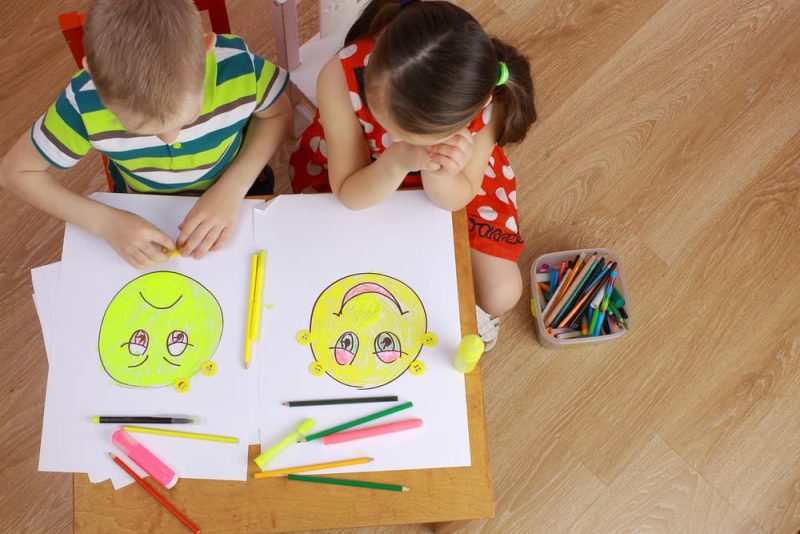The empathy it is the ability of people to feel in their own body the sensations that another is feeling. The empathy process then is not static in time, as it requires the observation of something that happens to someone, and then identification with those feelings that you have observed. For example: being sad when seeing someone cry, going to help someone who has been hurt.
In this sense, it is often said that empathy is a subjective or personal phenomenonBecause precisely the feelings have the characteristic of being completely individual, and perceiving those of others will always be under a personal gaze.
Why is empathy important?
Especially in a time where the emotional fragility of people is quite great and abuse is frequent, empathy becomes a indispensable quality to be a good person.
In fact, within the emotional intelligence, which is the system in which the skills that have to do with communication between the individual and their feelings are included, empathy is included, as well as motivation, emotional control and relationship management.
Where does empathy come from?

- Cultural values
It is often mistakenly believed that empathy is a Don With which people are born, and if they do not have it, it is impossible to acquire it. On the contrary, no person is born with empathy but they develop it as life goes on.
Without a doubt, the best way to develop this quality is to interact from the first years of life with people who are not the same as you, even better if they are markedly different. The differences will necessarily bring the understanding and understanding on the other, which at the same time translates into empathy.
Empathy today
The life in society it necessarily demands the existence of strong empathy in people. In fact, most States are governed by empathy as a principle that must be taken into account for decisions, to the extent that (in theory) they do not allow people to be exposed to hunger or disease, considering certain ties that unite all the inhabitants.
However, when it comes to day-to-day relationships, it seems somewhat more frequent that empathy is limited to the bonds between people who have a previous emotional bond: in the big cities, empathy between strangers seems to be low or almost non-existent.
Examples of empathy
- When a person watches a movie or reads a book, and feels for or in opposition to a particular protagonist.
- Help a disabled person to cross the street.
- Be sad when you see someone cry.
- Interpret the joy of a loved one as your own.
- Go to the rescue of someone who has been injured.
- Advocate against any child being bullied.
- Give importance to the stories or anecdotes of others.
- Suffer the saddest episodes in the history of humanity, such as wars or genocides.
- When, looking at sports, the serious injury of an athlete is seen, and many perceive a sense of pain of their own.
- Help someone with difficulties to do a simple task.
